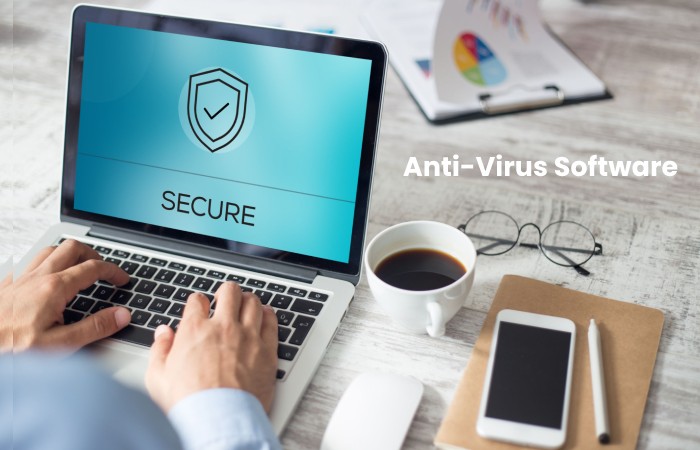Protect your business online – As the technology and ease of anything are increasing similarly, cyber-attacks are also increasing. Unfortunately, many people fall into the traps of fraudsters as a lack of knowledge. Here are some of the details to protect your business online.
Table of Contents
1. Back Up All Your Data
Ensure that all information necessary to your business (customer data, quotes, orders, payment details, document templates, financial records) is backed up regularly and securely so that it can be restored in an emergency.
It is essential to keep backups in a secure location that other employees cannot access. The cloud, for example, is an excellent place to keep your backups safe. In addition, your cybersecurity policy should outline best practices for data backup. It includes the list of data to be back up, the different collaborators who can access it and how backups can manage.
2. Keep All Your Computers Up To Date
All IT equipment (computers, servers, smartphones, tablets, etc.) in your company must be updated. Therefore, you must ensure that it contains the latest software updates.
It is recommended that you configure your computer equipment to update automatically when patches are available. It dramatically reduces the risk of cyberattacks
3. Make Sure To Use Multi-Factor Authentication
Multi-factor authentication is a security procedure requiring you to provide at least two proofs of your identity before accessing your account or workstation.
For example, a system secured by two-factor authentication will require a password and code sent to your mobile device before access is granted.
Multi-factor authentication adds an extra layer of security to make it harder for cyber attackers to gain access to your device or online accounts
4. Install Anti-Virus Software And Firewalls
Ensure that all computers in your company have anti-virus software installed and that it is permanently active. Likewise, you should install firewalls on your Internet router and servers. It effectively protects you against possible computer attacks that you may be subject to.
5. Encrypt Important Information
To protect your business from cyberattacks, encrypt the data that travels over your computer network. In addition to the information sent from one station to another, it is also advisable to encrypt the stored data.
Encryption converts your data into a secret code before sending it over the Internet. As a result, it reduces the risk of theft, destruction or tampering. You can enable network encryption through your router settings or by installing a virtual private network (VPN) solution on your device when using a public network.
6. Educate Your Employees On The Risks Of Phishing
You can’t stop cybercriminals from sending phishing emails, but you can educate your staff to spot signals that indicate an email is suspicious.
As a general rule, employees should be wary of emails not addressing directly to them. Also, avoid opening attachments in emails from an unknown sender.
In particular, if an email is sent to the financial department requesting a transfer of funds, the employee concerned must always contact the sender before making the transfer.
7. Protect Your Customers
It is essential that you keep your customers’ information safe. If you lose or compromise their information, it will damage your company’s reputation, and you could face legal consequences.
Make sure your business provides a secure online environment for transactions. It would help if you also secured all of your customers’ personal information.
You must activate the SSL certificate on your merchant site if you accept online payments. It will activate the “HTTPS” protocol, which will ensure a secure connection between the web server and visitors’ browsers to your website. You can also comply with payment gateway providers’ requirements to prevent online payment fraud.
8. Monitor The Use Of Your It Equipment And Systems
To protect your business online from cyberattacks, keep track of the various equipment in your IT equipment and all the software used. Make sure to prevent and secure the unauthorize access. Remind your employees to pay attention to the following:
- The way they store their devices
- The networks they connect their devices to
- USBs or portable hard drives that they connect to computer equipment.
They should only use company USB drives or portable hard drives. And this use must be done only within the framework of their work. It prevents unknown viruses and other threats from being accidentally transferring into company equipment.
Conclusion
Many reasons help in causing cyber attacks. The business is always private and specific measures should apply. In addition, unauthorized access to systems by former employees is a typical security concern for companies. Immediately remove access from people who no longer work for you or if people change jobs and no longer need it.
Protect Your Business Online – Different Methods


